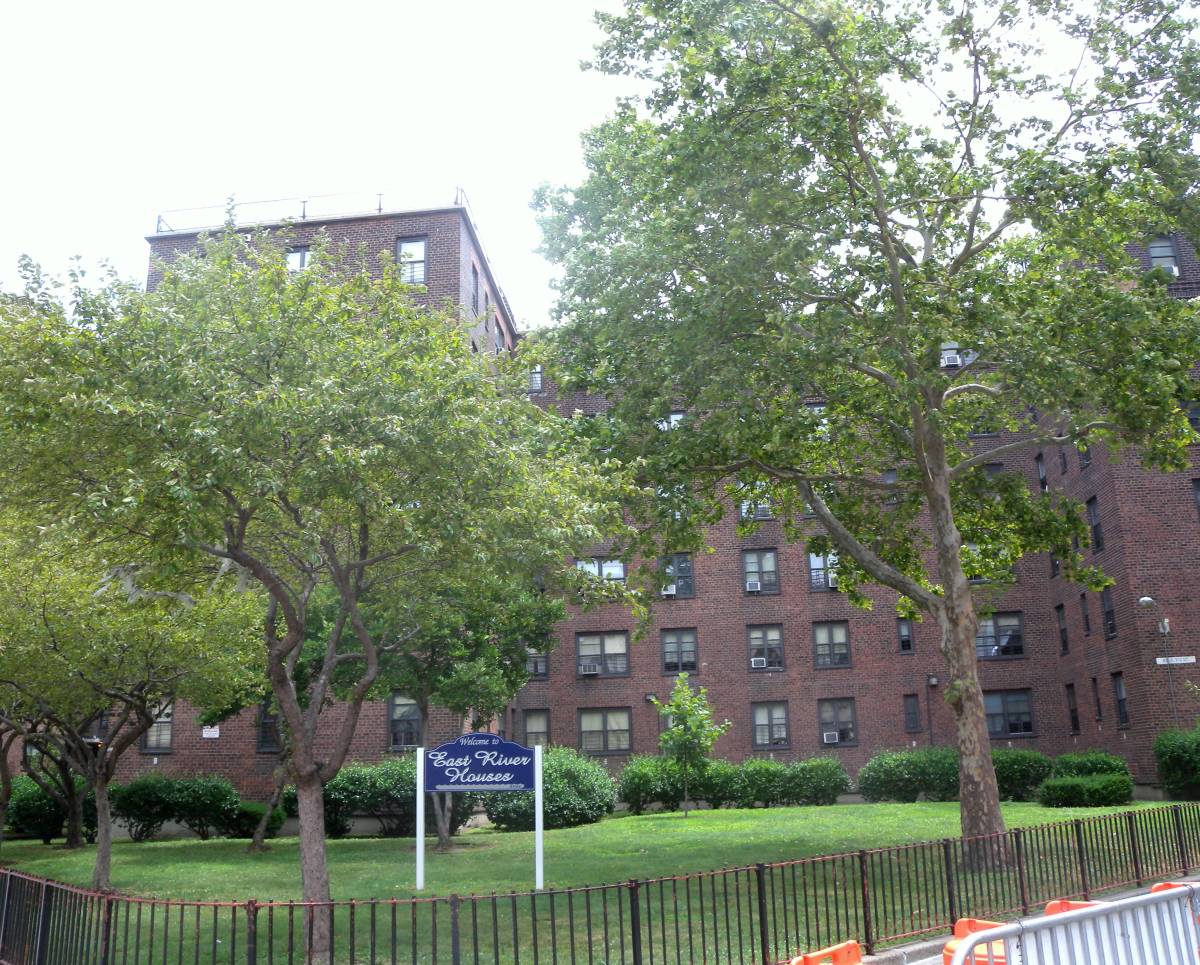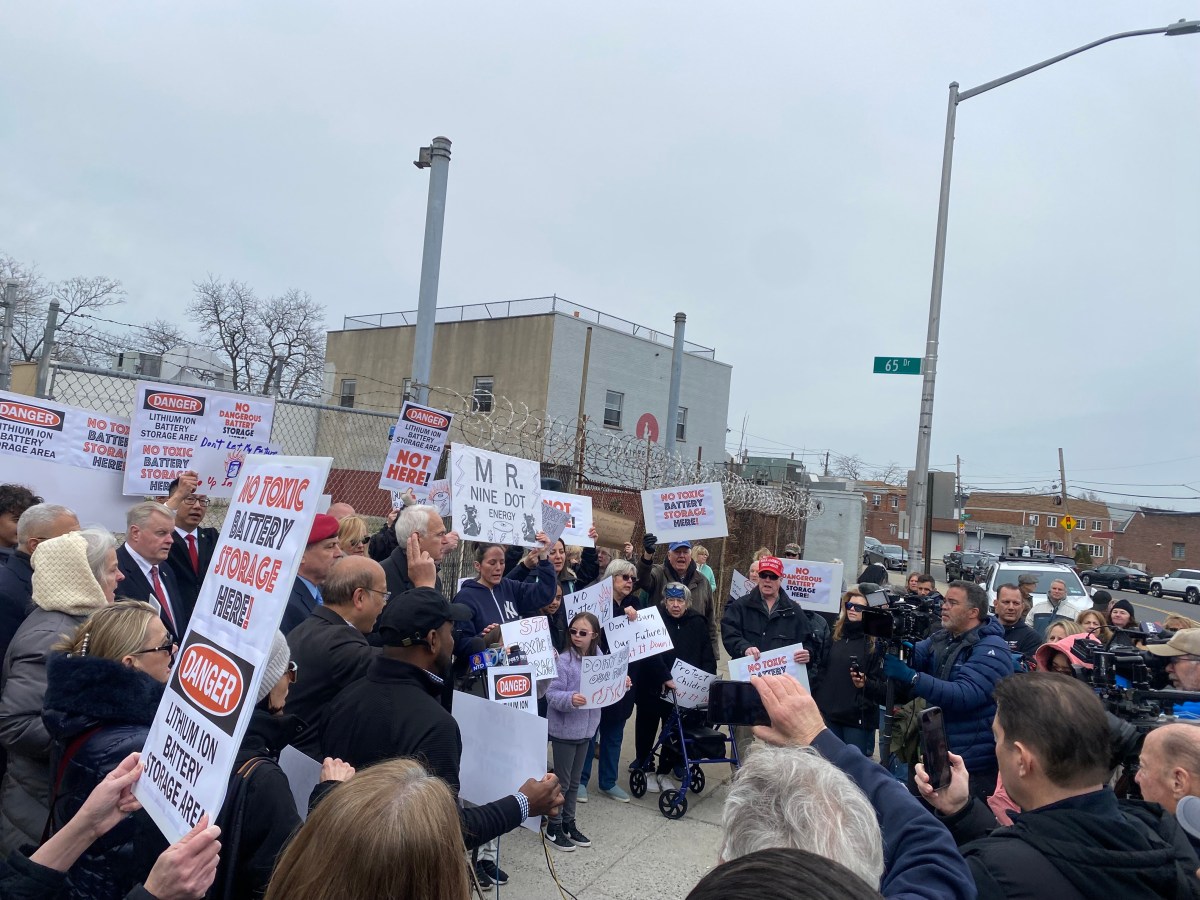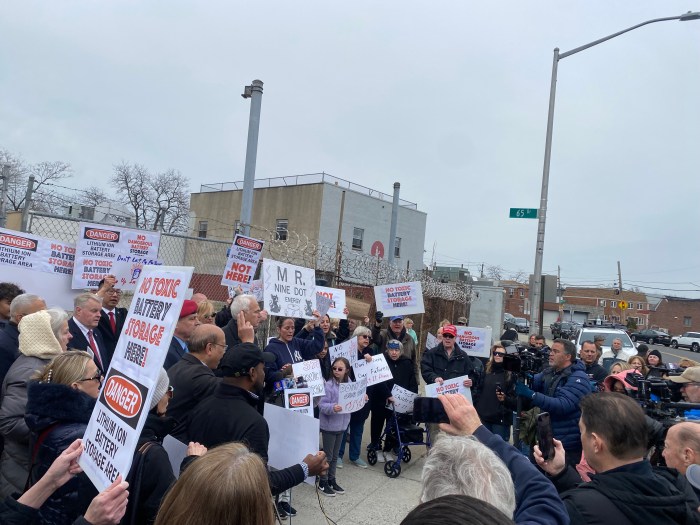With winter fast approaching and cold weather already here, City Comptroller Scott Stringer on Tuesday called on the New York City Housing Authority (NYCHA) to restore gas service as soon as possible to over 40 developments citywide, including some that have been without gas service for several months.
Stringer said in his letter to NYCHA Chair Greg Russ that because of the authority’s failure to fix gas leaks, Manhattan’s East River Houses and Sack Wern Houses in the Bronx had been without cooking gas since April 2019, and the King Towers in Harlem had been without it since June 2019.
He noted that those complexes are among over 40 developments that NYCHA currently lists as being without gas service. Stringer added in the letter, “I am urging NYCHA to fulfill its responsibility to its tenants and restore gas service as soon as possible to all affected communities. Anything less is unacceptable.”
Stringer said in a statement upon the letter’s release, “As we approach the holiday season, many families across the city are looking forward to gathering together and cooking a Thanksgiving turkey at home — a prospect that is being needlessly denied to too many NYCHA families as a result of the agency’s foot-dragging. NYCHA must do better.”
Stringer’s letter also pointed to a lack of transparency from NYCHA to tenants about gas service, included instances of management not showing up at tenant meetings, or flyers not being posted for other similar meetings. Stringer also wrote that residents are often not informed of repairs until the moment workers show up at their doors.
The letter said that a lack of gas service can have financial costs for tenants. While residents have been provided hot plates, Stringer said, this should not be all that families have for making meals. Residents can often be forced to order prepared food, Stringer noted, which is costlier and often less healthy.
“Given that the average income in East River Houses amounts to approximately $22,476 a year,” Stringer wrote, “any change in tenants’ ability to cook at home must be regarded as a severe burden to residents.”
Stringer wrote to NYCHA that better communication is necessary, and “When an essential service is not supplied for an extended period, it is only right that NYCHA offer reimbursement for food expenses and proper abatements on monthly bills to compensate for slow repairs.”
Residents of East River Houses told Stringer, according to the letter, that requests in June for reimbursements were denied by management, and instead flyers were posted explaining how to apply for food stamps. “This is entirely unacceptable,” Stringer wrote.
NYCHA did not immediately respond to a request for comment.




































